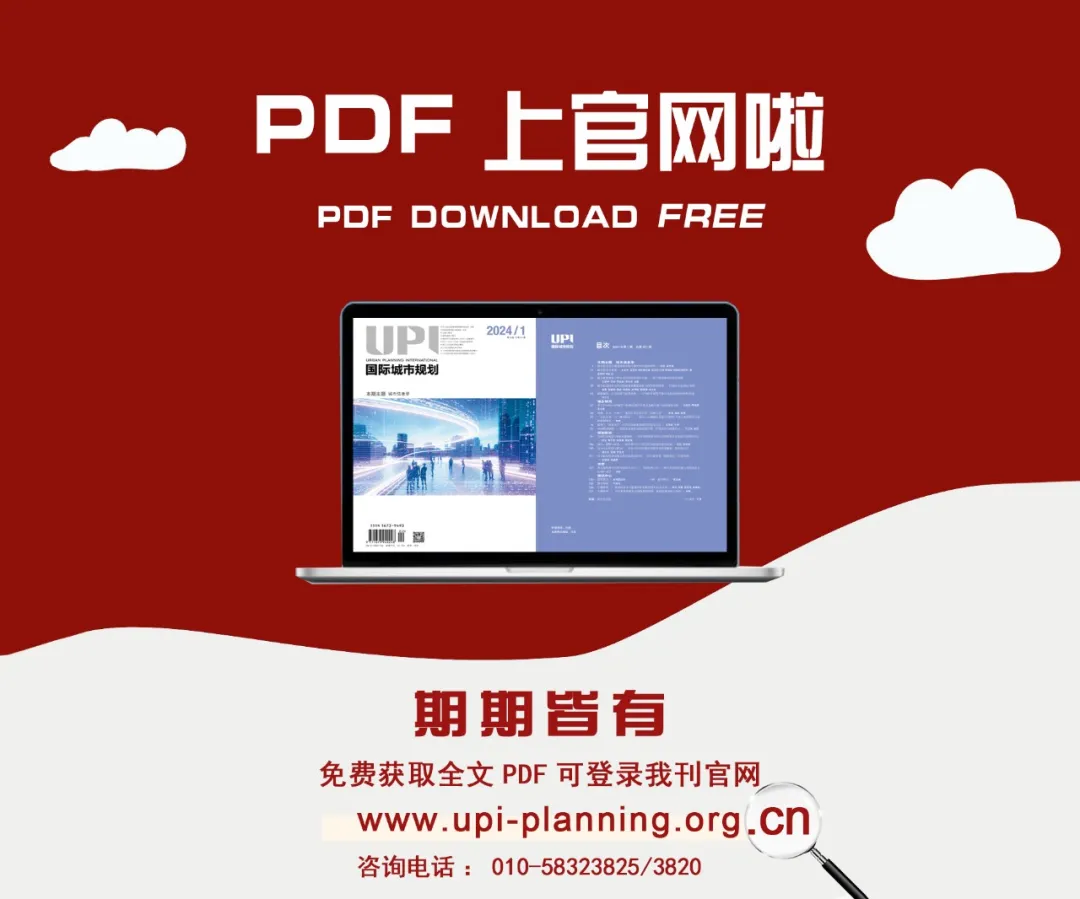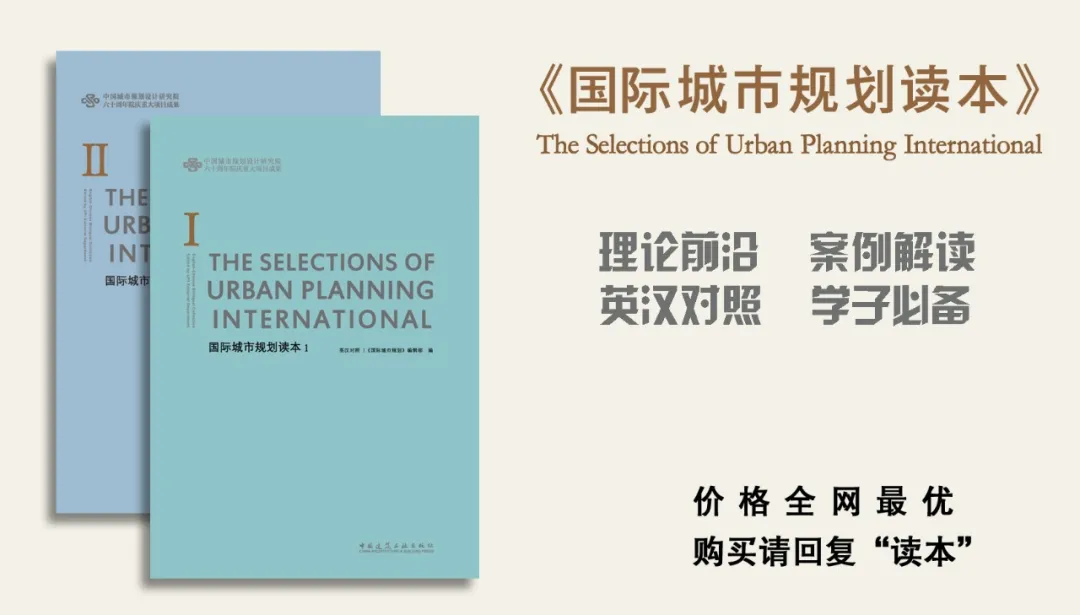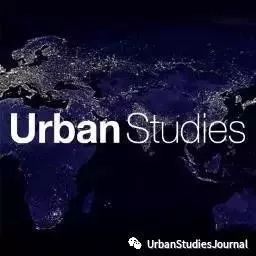
首次出版时间:2024/01/22|研究论文
experiences warmer temperatures than its surroundings. This study examines how
Singapore’s planning efforts established after the mid-20th century have
affected the thermal environment of the city in association with land
transformation, using historical temperature data available from the
Meteorological Service of Singapore and some historical studies. Singapore’s
planners have carefully regulated the growth of its downtown while promoting
expansion in other parts of the city-state. These effects of planning have also
unconsciously shaped the location and outline of Singapore’s urban heat island.
As a result, new urban heat peaks were found around the centres of newly
constructed large-scale new towns compared to industrial areas. This study
provides lessons for land planning in mitigating a city’s urban heat island
effects.
island
原文地址:https://doi.org/10.1177/00420980231217391

Unequal and unjust: The political ecology of Bangkok’s increasing
urban heat island
Danny Marks(爱尔兰都柏林城市大学)
John Connell(澳大利亚悉尼大学)
首次出版时间:2023/1/6|研究论文
dry season can be as high as 6–7℃ and in the densest areas the urban heat
island’s intensity is approximately 4℃. The urban heat island thus is causing a
city already oppressively hot to become even hotter. The urban heat island also
contributes to health problems, such as heat stroke and fatigue, particularly
to those with lower incomes. We historically examine the numerous causes of
Bangkok’s urban heat island, such as the lack of green space, high levels of
air conditioning, and high rates of vehicle exhaust fumes. For example, Bangkok
has only three square metres of green space per person which is one of the
lowest in all of Asia. Local governmental weaknesses, administrative
fragmentation, prioritisation of economic
growth and limited buy-in from the private sector have intensified Bangkok’s
urban heat island, and imposed numerous barriers to actions that would reduce
heat, such as establishing green space, restructuring urban transport or
creating and following an effective urban plan. Ideas mooted to remedy these
problems have yet to come to fruition, largely because of bureaucratic inertia,
fragmentation and divisions within the relevant lead organisations. The
political ecology lens also reveals how political–economic processes largely
determine the vulnerability of urban inhabitants to heat, but also that thermal
governance is highly unequal and unjust. Those who contribute to and profit the
most from Bangkok’s urban heat island, such as real estate developers, shopping
mall owners, and automobile corporations, suffer the least from its effects,
whereas low-income communities hardly contribute to this problem, yet are the
most vulnerable.
justice, political ecology, urban governance, urban greenspaces
原文地址:https://doi.org/10.1177/00420980221140999

Climate change and municipal finance: Ordinary innovations for just
urban transitions
Claudia V Diezmartínez(美国波士顿大学)
towards climate justice, questions remain about the ways that city governments
will be able to fund more just climate efforts. While the use of novel debt
financing schemes has been examined in the literature for its justice
implications, scholars have rarely interrogated how the more mundane tools and
practices of municipal finance can be applied to enable more just urban
transitions. Here, we use the USA as a case study to analyse the impacts of
climate change and climate action on municipal budgets and to examine how
cities are adapting their financial tools and practices to advance climate
action and climate justice efforts. We employ a mixed-methods research design
that combines 34 expert interviews with a systematic content analysis of
municipal budgets from 15 US cities of different sizes. We find that both
climate change and climate action can contribute to cities’ fiscal vulnerability by imposing additional expenditures and/or
reducing municipal revenues. While most cities lack transparency about their
investments in climate action and climate justice, some city governments are
implementing ordinary innovations that embed climate and justice criteria into
budgetary practices and funding tools. These ordinary innovations reveal that
cities are beginning to reimagine municipal
finance in the service of more just climate futures.
politics, just urban transitions, municipal finance
原文地址:https://doi.org/10.1177/00420980241286362

The governance of public space by legally unique bodies: A case
study of Vancouver’s Granville Island
Alexandra Flynn(加拿大不列颠哥伦比亚大学)
Claire Stevenson-Blythe(加拿大多伦多大学)
首次出版时间:2024/09/05|研究论文
Island, a former industrial stretch of land that operates as an arts
destination abutting the City of Vancouver’s waterfront. While Granville Island
might look like any other neighbourhood in Vancouver, it is in fact owned and
managed by the Canada Mortgage and Housing Corporation, a federal agency, on
behalf of the Government of Canada. This article examines what it means,
democratically speaking, for the federal government to operate public space in
a city. Public entities are each legally unique, raising questions as to how
they and their relationships with other entities can be understood, evaluated
and adjudicated. This article animates how public entities are understood under
Canadian law by demonstrating the difficulty in crafting inclusive,
participatory governance models that respond to the many interests involved in
public space, especially spaces that are explicitly identified as ‘innovative’.
Drawing on qualitative data and document review, the article highlights the
manner in which Granville Island has been structured and operated by the
federal government, its singular focus on commerce and tourism and its weak
commitments to accountability, transparency and representation. Granville Island
is rendered ‘invisible’ in its governance: it blends into the urban form as
though part of the City of Vancouver, while at the same time lacking in
accountability, transparency and representation. We conclude that while
Granville Island governs public space, making it seem like a neighbourhood in a
municipality, it cannot be conceptualised as a
‘democratic body’.
government, neighbourhood, special purpose bodies, urban studies
原文地址:https://doi.org/10.1177/00420980241264636

排版 | 顾春雪

搭建中国城市研究学者交流切磋的学术平台
城市研究速递
微信号:usj_2022


原文始发于微信公众号(国际城市规划):https://mp.weixin.qq.com/s/ivs3VtuAW6AV-eAbIYKaoA
 规划问道
规划问道










